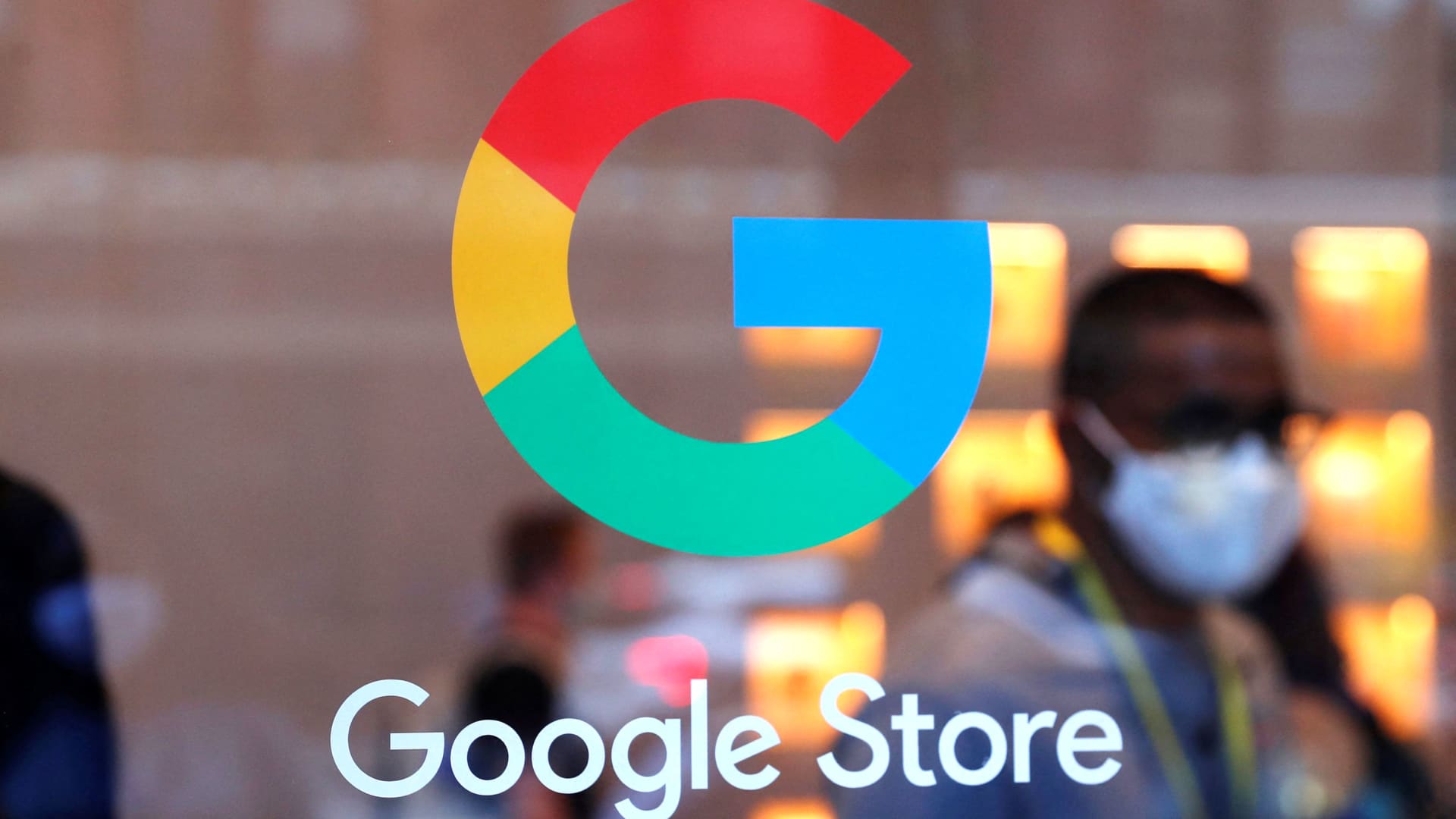
Google and search go together like Kleenex and tissues, Band-Aid and bandages and Crock-Pots and slow cookers. In other words, Google’s brand is so connected to search that people talk about googling for information they need, even if they use an alternative search engine. Despite Google’s strong brand connection, a new artificial intelligence technology, known as ChatGPT , has quickly emerged on the scene and is already being seen as a disruptive force for the tech bellwether. The chatbot — created by OpenAI , a research company backed by LinkedIn co-founder Reid Hoffman, Microsoft and Khosla Ventures — can answer questions for users just like a human, and carry a conversation. Within just days of its launch, it has amassed more than 1 million users, and interest in the tool is only growing, Google Trends and Twitter data suggest. ChatGPT may pose an emerging threat to the artificial intelligence industry, but Google’s sheer scale, size, and dominance in the search business positions it well for battle, according to Morgan Stanley analyst Brian Nowak. “While we are not dismissive of disruptive technologies, we continue to believe that technologies need to offer 10X better solutions than the second best offering to drive significant (aka billions of people) behavioral change,” he wrote in a note to clients Monday. “The volume and consistency of consumers’ activity speaks to how they drive utility from Google … so driving significant differentiation and change will be challenging.” Google’s top-tier positioning Google’s strong position in search is perhaps one of its biggest differentiators highlighting how difficult it may be to rival its stellar market position, Nowak said. The bank’s estimates and company data suggest that the tech giant accounts for 85% of U.S. paid searches and about 60% of the browser market. Search also plays an unrivaled role in users’ everyday lives that’s difficult to imitate, accounting for 4 billion users and countless more searches every single day, Nowak said. Google is no stranger to AI advancements. As one of the big-cap leaders in the space, the company’s invested billions in research and development over the past three years, and that should continue, Nowak said. Those investments include building out natural language products like Dramatron, created through its DeepMind subsidiary, which can help writers create scripts. Another strength elevating Google is the company’s easy-to-use query interface, which seamlessly points users to places they can purchase a certain product, using pictures and links. OpenAI’s offering is building buzz, but it will need to improve its query setup and share a clearer path to monetization if it hopes to compete, Nowak said. ChatGPT could inspire a ramp up in AI investments, Nowak said. In the long run, however, don’t be surprised if ChatGPT, or other AI competitiors, impact consumer behavior patterns around travel search, he added. “While we believe the near-term risk is limited – we believe the use case of search (and paid search) is different than AI-driven content creation – we are not dismissive of threats from new, unique consumer offerings,” Nowak wrote. — CNBC’s Michael Bloom contributed reporting
